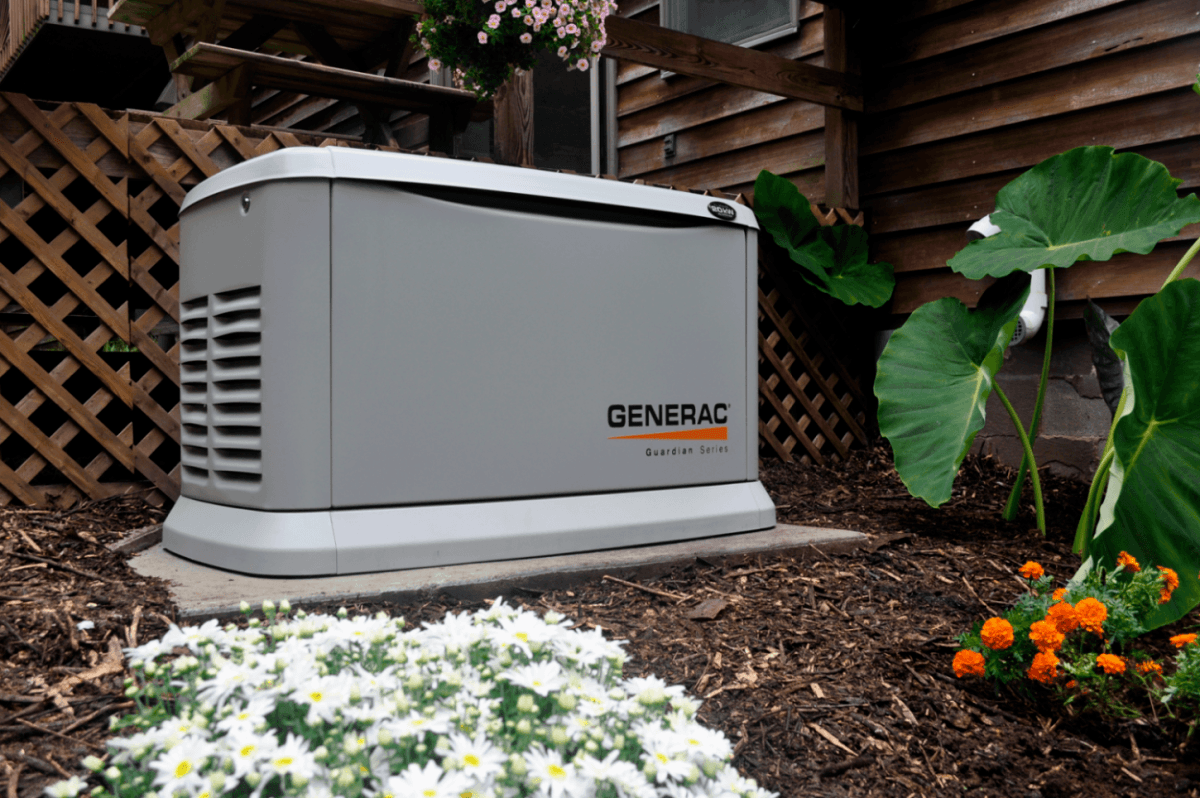These days, we rely on electricity to power just about every aspect of our lives. From watching television to charging our mobile phones to keeping our laptops up and running. In addition to our beloved electronic devices, there are also our household appliances to consider, like washers, dryers and microwaves. And let’s not forget our lights and home heating/cooling.
Problems come into play, however, when too much electricity floods our homes causing what’s commonly known as a power surge. Power surges can cause significant damage to compressors, controls, logic boards, sensors and other motor electronics, resulting in expensive repairs and/or replacements.
While it’s always not possible to predict when a power surge will occur, it is possible to take certain measures to prevent damages and potential injuries. Read on to learn more.
What is a Power Surge?
In simplest of terms, an electrical surge occurs when the amount of voltage powering our devices and appliances surpasses what’s considered a safe level, overloading the home with too much electricity. Not all power surges will cause massive damages, there’s always a strong possibility that they will, which is why it’s so important to be proactive in this area.
Common Causes of Power Surges
Lightning is the most obvious cause of a power surge but these events can also be caused by utility occurrences, neglected generators, cycling of air conditioners and even motors and appliances. In fact, according to the National Electrical Manufacturers Association (NEMA), 60 to 80 percent of all power surges are created as a result of heavy-duty appliances – such as air conditioners or refrigerators – being turned on. Without adequate protections in place, any device that is plugged in within your home is at risk.
4 Tips for Protecting Your Electrical
Invest in whole-home surge protection.
Whole-home suppressors can protect your home by controlling the amount of power that is flowing to your electrical devices and appliances, thereby preventing an unwanted flood of electricity. The suppressor essentially serves as a gateway for the electricity. If the level of electricity gets too high, the suppressor will cut the power and redirect it into a ground wire. Keep in mind that whole-home surge protection should only be installed by a licensed and experienced electrician. Our surge protection package is available for a flat fee of just $230 and can help to:
- Protect your television
- Protect your PCs and other electronics
- Protect the main control boards of your heating and air conditioning systems
Leverage point-of-use surge protectors.
You can also protect your individual devices and appliances from unexpected surges of electricity by utilizing point-of-use protection such as power strips that feature built-in circuit breakers. Surge stations can be used to protect cable and telephone lines. A third option is an uninterruptible power station (UPS for short), which creates a steady supply of electricity and typically features a backup battery, just in case.
Perform Routine Electrical Maintenance
Being proactive about the health of your home’s electrical can also help to prevent and/or limit the potential damages of a power surge. One way to do this is to hire an electrician to perform routine maintenance and servicing of your electrical system. Some examples of our electrical maintenance services include:
- Electrical service exterior:
- Inspect exterior service drop for insulation deterioration due to age and weather
- Check meter socket for rust and water infiltration
- Make sure exterior electrical parts are properly secured to structure
- Check for proper grounding and bonding
- Electrical service interior:
- Check panel for code violations
- Check main panel for loose connections or parts and tighten
- Check for water infiltration or excess moisture, rust or corrosion
- Check for circuit overloading (multiple wires on one breaker)
- Check circuit breakers for proper sizing
- Check for proper grounding and bonding in panel
- Vacuum dust, dirt or other debris from electrical panel
- Access overall condition of electrical service and provide written recommendations.
(All of this is available for the affordable flat rate of just $225.)
Install a backup generator.
One of the biggest issues a power surge can cause is knocking out electricity to your entire home. Should such an event occur, you want to be prepared with a backup plan – especially if the surge occurs during a time of year when it’s either extremely cold or hot. Consider having a licensed professional install your backup generator for you. Likewise, generators should be serviced regularly to ensure that they’re in tip-top shape should they be needed. The last thing you want is to find out your unit isn’t working properly the moment you need it most.
With these tips in mind, you should be able to protect your home, devices and appliances from dangerous and costly power surges. And remember – don’t take chances when it comes to electricity. Your best course of action is to contact a reputable electrician. Wilson Brothers is proud to recommend our own in-house Master Electrician and our electrical team to provide for all of your residential or business electrical needs. Get your free estimate today!








